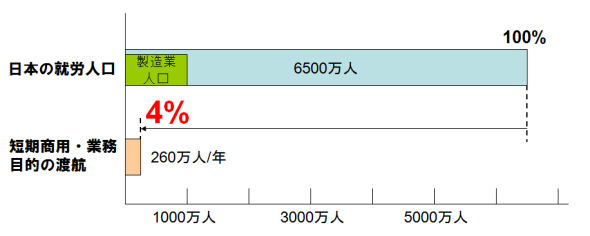『娘を返せ! 妻を返せ! 家を返せ! 土地を返せ! 俺たちが、お前らに一体何をしたというんだ!! 答えろ! ○○(敵国の為政者)!!』
国際法違反の非戦闘員への攻撃の被害者であるウクライナの人の多くが、英語のインタビューに普通に応じているのを見て、驚いています。
I am surprised to watch many Ukrainians, victims of attacks on non-combatants in violation of international law, being interviewed normally in English.
非戦闘員である民間人が、(通訳を介さずに)自分の言葉で世界に主張できるかどうかは、情報戦において、物凄いインパクトがあると思うからです。
I believe that the ability of non-combatant civilians to assert their inhumanity to the world in their own words (without an interpreter) will have a tremendous impact in the information war.
我が国も、ウクライナと同様に、他国から侵略される可能性があります。
Our country, like Ukraine, could be invaded by another country.
# もっとも、我が国は、すでに国内に他国の軍事基地の駐留を許しているので、『侵略済み』とも言えますが、それはさておき。
# However, it could be said that our country has already been 'invaded' since we already allow other countries' military bases to be stationed in our country, but that is beside the point.
「侵略者の非道」を語る時に、世界に対して、事実上の世界言語である「英語」を使って語れるかどうかは、国防上、重要な事項ではないか、と思います。
When talking about the "atrocities of the aggressor," I think it is an important matter of national security to be able to speak to the world in English, the de facto world language.
しかし、我が国において、英語のリテラシーを持っている人間の比率は、江端試算で"4%"です。
However, the percentage of people in Japan who are literate in English is "4%" according to Ebata's estimate.

少ない。
Overwhelmingly low
英語のインタビューに対応できる日本人は、(私を含めて)は『いない』として考える方が良さそうです。
It would be better to assume that there are no Japanese (including me) who can handle an interview in English.
-----
今回の戦争では『情報戦のやり方』が変ってきているなぁ、と実感しています。
I feel that "the way of information warfare" is changing in this war.
これまでの情報戦は、国家政府のインテリジェンス(諜報機関)にる、プロパガンダやエスピオナージ(諜報活動)が中心でした。
Until now, information warfare has centered on propaganda and espionage by the intelligence agencies of national governments.
しかし、今回は、市井(しせい)の市民による、リアルタイム(あるいはライブ)の情報発信が、大きなインパクトになっていると思います。
This time, however, real-time (or live) information dissemination by citizens of the city has made a big impact.
戦争中の国際世論は勿論、戦後の戦争裁判の証拠が満載となる、という状況は、為政者に対してプレッシャーになると思います―― まあ、為政者にもよると思いますが。
I think that a situation where the evidence of the war trials after the war, not to mention international public opinion during the war, will be full of evidence, will put pressure on the rulers - well, it depends on the rulers, I guess.
(技術者としては、ブロックチェーン等を使った『証拠の保全と真正保証技術』が重要になってくるな、と思っています)
(As an engineer, I think "evidence preservation and authenticity assurance technology" using blockchain, etc. will become important.)
-----
「将来の侵略戦争に備えた英語の勉強」を、文部科学省が、英語教育の指導要領に書けるか、というと、ちょっと厳しいかな、とは思います。
It is a bit tough to say whether the Ministry of Education, Culture, Sports, Science and Technology (MEXT) can write "studying English in preparation for future wars of aggression" into the guidelines for English education.
となると、現場の教師の裁量ってことになるかなぁ。
So I guess it would be the discretion of the teachers in the field.
『ヘイ、ナンシー。今日はどこに行くんだい』
'Hey, Nancy. Where are you going today?"'
『あら、ボブ。今日はトムとデートよ』
'Oh, my God, Bob. Tom and I have a date today'
という会話レッスンの代わりに、
Instead of these conversation lessons,
『娘を返せ! 妻を返せ! 家を返せ! 土地を返せ! 俺たちが、お前らに一体何をしたというんだ!! 答えろ! ○○(敵国の為政者)!!』
'Give me back my daughter! Give me back my wife! Give me back my house and our land! What the hell have we done to you people! Answer me! XXXXX(The Enemy statesmen)!'
というフレーズの丸暗記だけでも良いかと思います。
I think it would be good to just memorize these phrases.